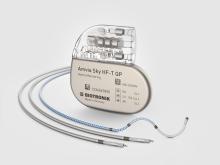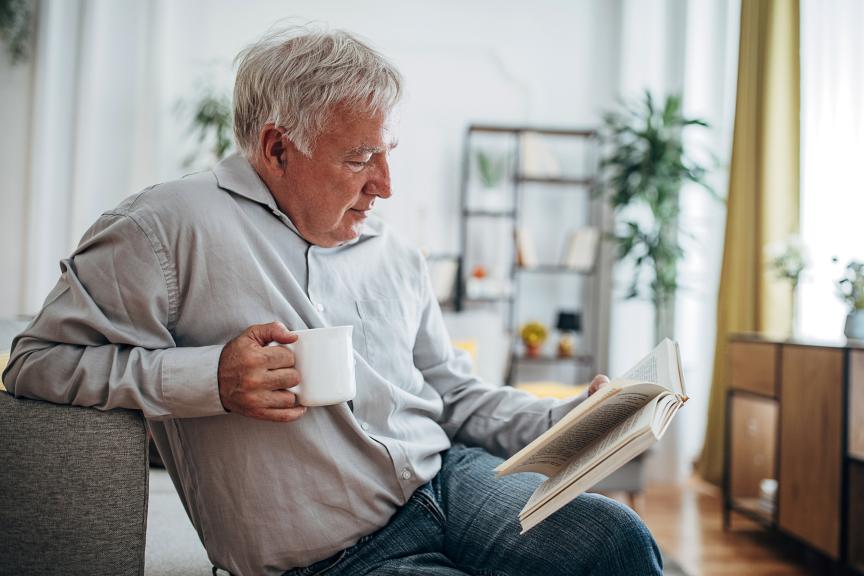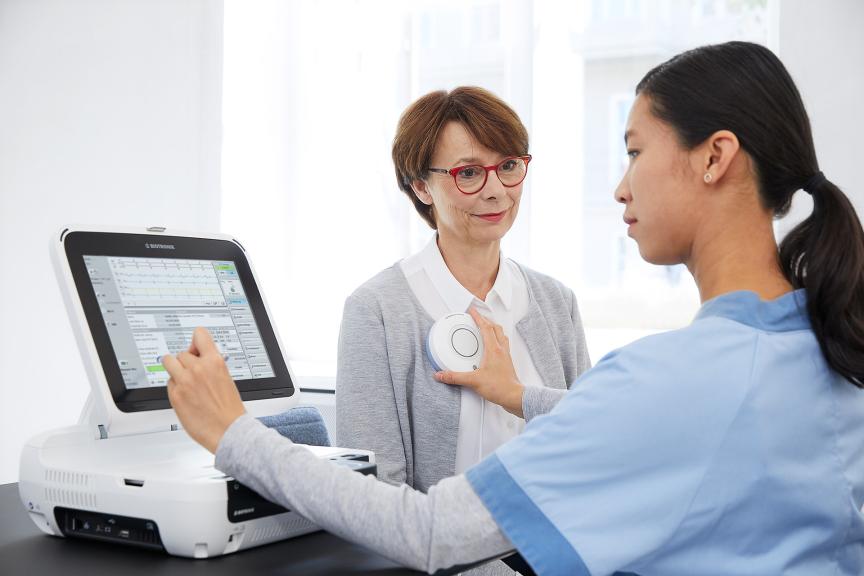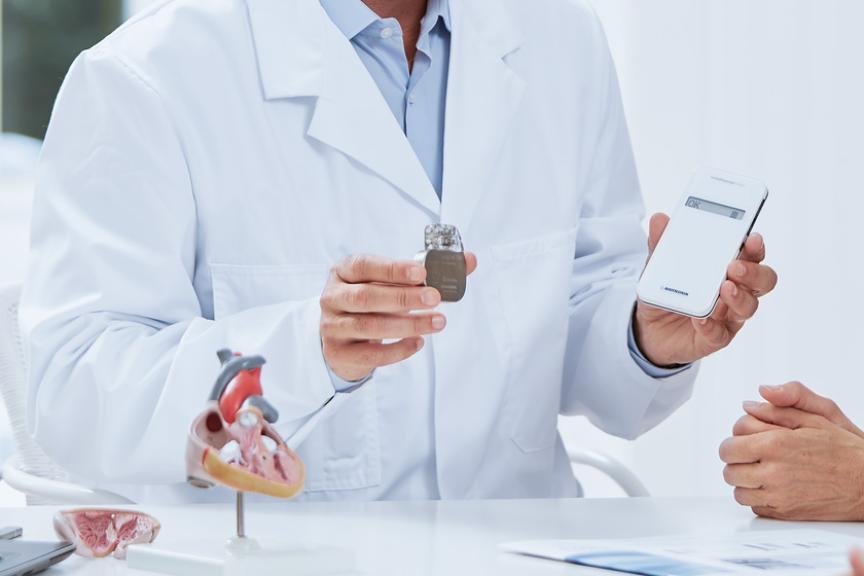What to Expect after Surgery?
Once you have been discharged from the hospital or the doctor’s office after surgery, please take it slow and keep the incision dry. You may feel a slight pain at the implantation site for the first few days. Maybe you even have a bruise and a sore chest. It is also possible you can see or feel the outline of your pacemaker or defibrillator under your skin.
Walking is a good way to stay active while your recovery. Getting enough rest, for instance whenever you feel tired, is equally important. It is also helping you to get used to your heart implant.




